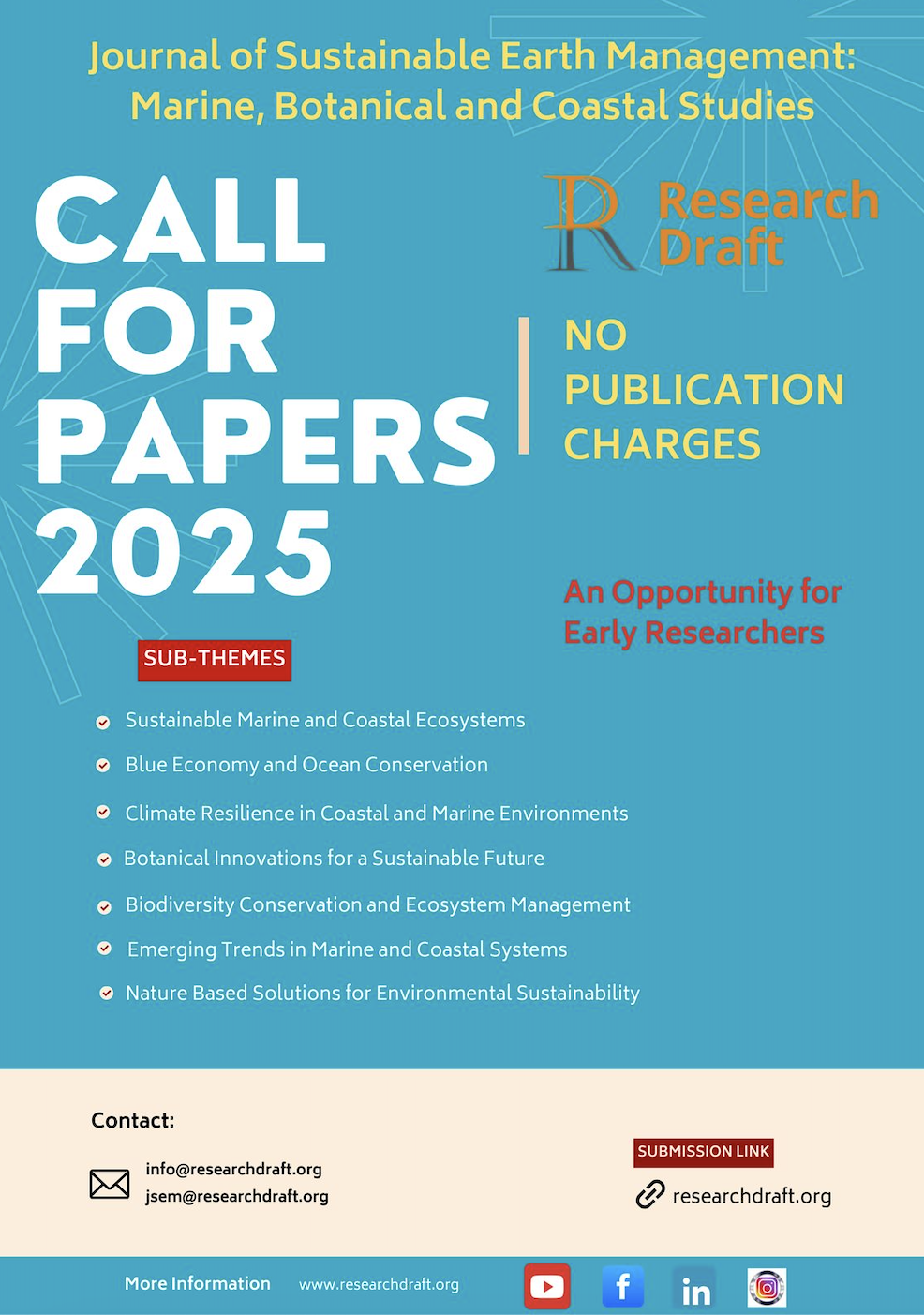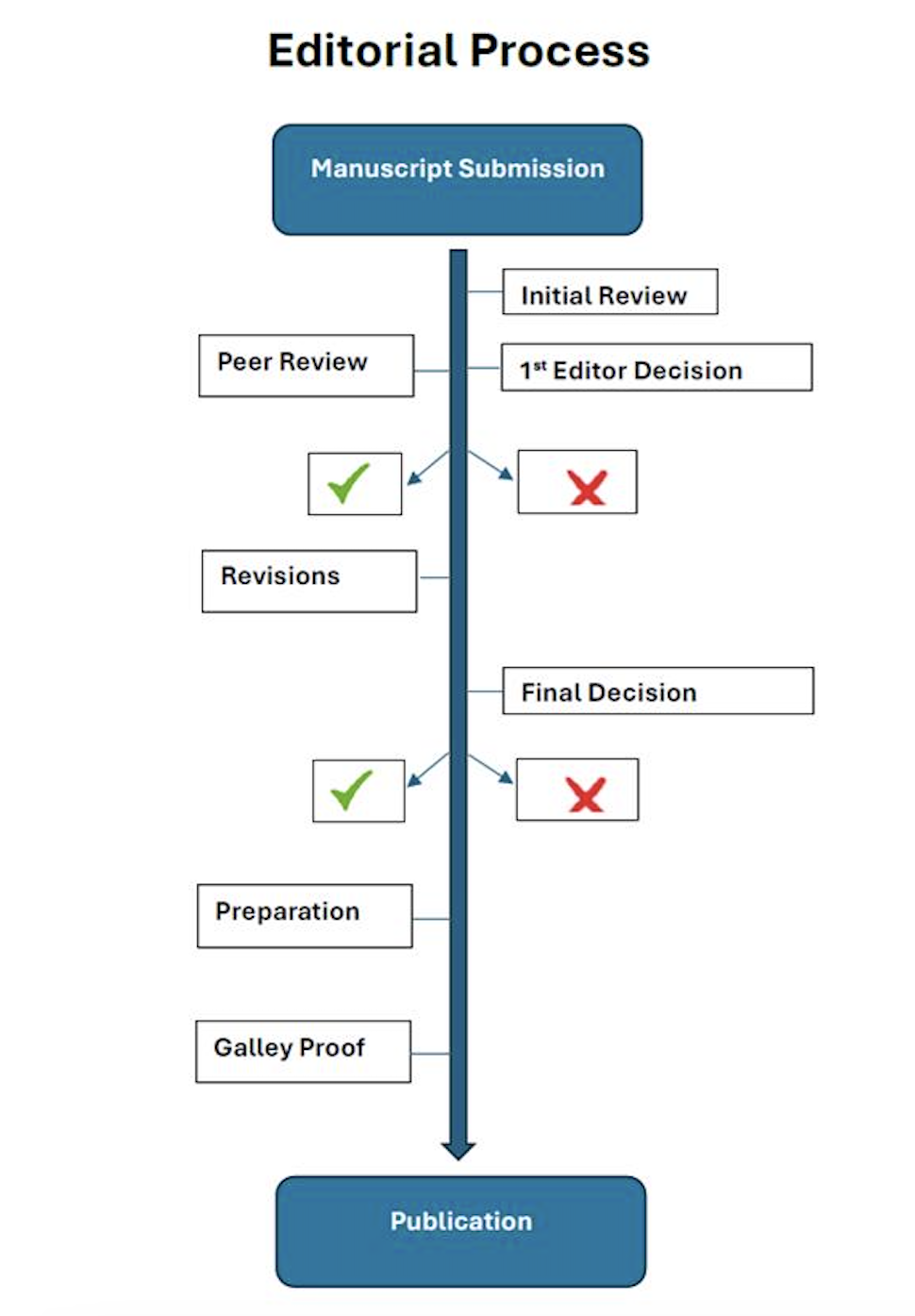Physico-Chemical and Contamination Analysis of Ground Water: A Case Study of Shah Faisal Town, Karachi, Pakistan
Abstract
A comprehensive evaluation of groundwater quality in Shah Faisal Town, Karachi, was conducted to determine its suitability for drinking purposes. Sixteen groundwater samples were collected from various locations, revealing varied TDS concentrations (310-7650 mg/L) and comparable pH levels (6.32-7.88), which are within the WHO guidelines of 6.5 to 7.5. However, all samples exceeded WHO limits for hardness (>500 mg/L) and sodium content (>200 mg/L), with magnesium levels surpassing permissible limits by approximately fivefold. In contrast, bicarbonate content (120-400 mg/L) and nitrate levels (0.24-10.94 mg/L) were within WHO guidelines. Arsenic was detected in only three samples from the Malir River area, at a concentration of 0.005 mg/L, which is a significant concern for human health. After the end of monsoon rains of 2022, many ionic constituents were diluted, including arsenic, according to previous studies of the comparative appraisal of groundwater quality in lower and upper riparians of the Malir River system in 2019, where rainfall was less compared to the 2022 rainfall impact, which was 375 mm and 761.4 mm, respectively. The ionic correlation matrix indicates that both natural and anthropogenic factors are responsible for altering the groundwater characteristics of the study area. These findings, including the presence of arsenic even after the end of the monsoon rains of 2022, highlight concerns regarding groundwater quality in Shah Faisal town, emphasizing the need for effective management and treatment strategies, like a Reverse Osmosis plant, to ensure safe drinking water.
Downloads
Published
Issue
Section
License
Copyright (c) 2025 Syed Wasi Haider Syed Zaidi, Anila Begum, Iqra, Aiman (Author)

This work is licensed under a Creative Commons Attribution 4.0 International License.
Submission declaration
Authors retain the copyright to their work and grant the Journal of Sustainable Earth Management (JSEM), the right of first publication under a Creative Commons Attribution 4.0 International (CC BY 4.0) license. This license allows others to share, adapt, and reuse the work for any purpose, including commercial use, as long as appropriate credit is given to the original authors and the journal.
By submitting a manuscript, authors confirm that the work has not been published previously (except as an abstract, lecture, or academic thesis), is not under review elsewhere, and has been approved by all authors and relevant authorities. Once accepted, the article will be openly accessible under the CC BY 4.0 license, ensuring wide dissemination and reuse with proper attribution.






